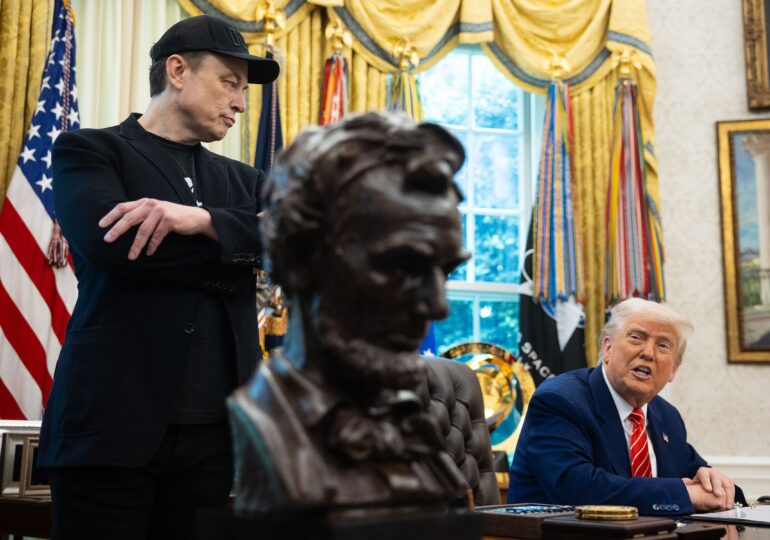Elon Musk harshly attacked, on Tuesday, President Donald Trump’s flagship tax reduction bill, describing it as a „disgusting abomination,” a waste of proportions.
However, two sources who spoke with Musk said that he was frustrated by the fact that he did not manage to obtain favorable treatment within the bill and, in general, from the administration, as reported by Axios.
From loyal ally to surprising critic
Musk's post on X, in which he calls Trump's "big and beautiful bill" a "disgusting abomination" full of extravagant expenses, took Trump's team by surprise, being published during a press conference at the White House - and signaled the escalation of tension that marked Musk's departure from the government last week.
Musk had previously criticized the bill signed by Trump, but until Tuesday afternoon, his tone had been much more restrained and moderate.
Musk and Trump remain friends and allies, two people in frequent contact with both told Axios. However, they said Trump was slightly irritated by Musk's "sabotage" on social media.
"Elon was upset," one of the sources said.
Musk's representatives did not respond to requests for comments.
The four reasons behind the scenes of the rupture
Sources familiar with the Trump-Musk relationship say there were four key moments that led to Musk's acidic attack on Trump's bill:
- The legislation eliminates the tax credit for electric vehicles, which helps auto manufacturers like Tesla, Musk's company. By the end of April, the company had spent at least $240,000 lobbying in favor of the credit and other corporate interests. Behind the scenes, sources say Musk personally advocated for the measure to be included in the legislation, but without success.
- Musk was working at the White House as a "special government employee" and had discussed the possibility of continuing in this position beyond the legal limit of 130 days, set for such unpaid roles. Ultimately, White House officials decided he could no longer continue in that role.
- Musk wanted the Federal Aviation Administration (FAA) to use his Starlink satellite network for national air traffic control, according to sources. However, the administration refused, citing a potential conflict of interest and technological reasons. "You can't control air traffic just through satellites," a second source said.
- The final straw for Musk seems to have come Saturday evening when Trump abruptly announced the withdrawal of Jared Isaacman's nomination - an ally of Musk - for the NASA administrator position.
After Isaacman's nomination was withdrawn, rumors quickly spread in the White House: Sergio Gor - the director of the Office of Presidential Personnel, who had conflicts with Musk - was said to be behind the decision.
"It was Sergio's way of saying 'goodbye' to Musk," a White House official commented.
Other sources, however, say that the nomination was contested by senators due to Isaacman's donations to Democrats, and the administration wanted a loyal Republican candidate.
"Perception matters, though, and I'm pretty sure Elon saw the whole NASA situation as a final insult," said the White House official. "So here we are."

